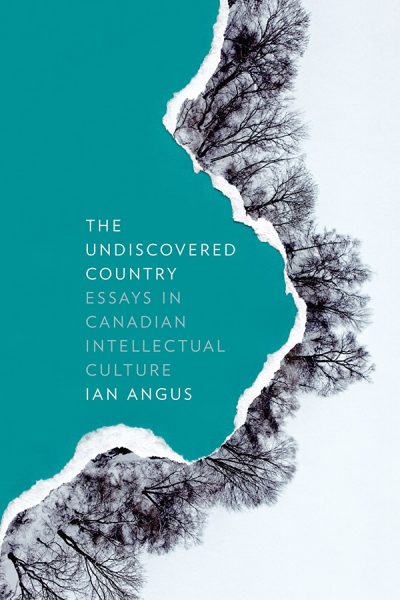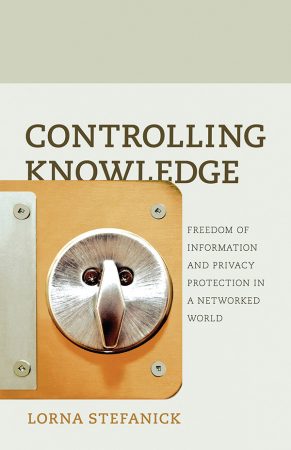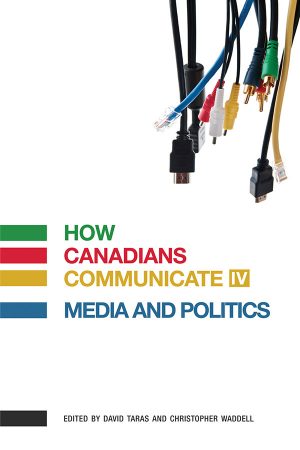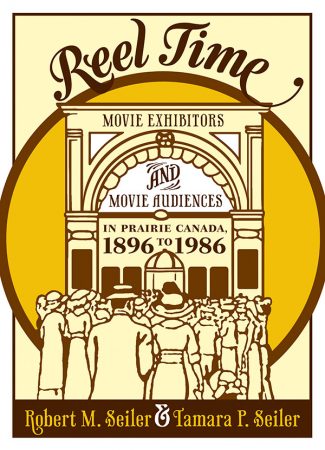Subjects: Canadian Studies, Cultural Studies, Philosophy
Series: Cultural Dialectics
Imprint: AU Press
- 9781927356326 (paperback)
- 9781927356333 (pdf)
- 9781927356340 (epub)
In this sequence of essays, Ian Angus engages with themes of identity, power, and the nation as they emerge in contemporary English Canadian philosophical thought, seeking to prepare the groundwork for a critical theory of neoliberal globalization. The essays are organized into three parts. The opening part offers a nuanced critique of the Hegelian confidence and progressivism that has come to dominate Canadian intellectual life. Through an analysis of the work of several prominent Canadian thinkers, among them Charles Taylor and C. B. Macpherson, Angus suggests that Hegelian frames of reference are inadequate, failing as they do to accommodate the fact of English Canada’s continuing indebtedness to empire. The second part focuses on national identity and political culture, including the role of Canadian studies as a discipline, adapting its critical method to Canadian political culture. The first two parts culminate in the positive articulation, in part three, of author’s own conception, one that is at once more utopian and more tragic than that of the first two parts. Here, Angus develops the concept of locative thought—the thinking of a people who have undergone dispossession, “of a people seeking its place and therefore of a people that has not yet found its place.”
Reviews
Angus spends the first six chapters looking at the role Hegel plays in the work of Charles Taylor, James Doull, C.B. Macpherson, and George Grant. Whilst this might seem alarming to those of us who have lapsed in our attention to Hegel, the persistent reader gains immeasurably from the kinds of critique this angle produces. Angus is particularly good when it comes to notions of identity and inequality addressed in each thinker’s work, building his own conceptions of ‘complementary egalitarianism’ and the ‘emancipation of the propertyless.’
British Journal of Canadian Studies
Table of Contents
- Preface
- Part I. The Dominant Hegelianism of Canadian Intellectual Life
- 1. Introduction: The Instituting Polemos of English Canadian Culture
- 2. Charles Taylor’s Account of Modernity
- 3. James Doull and the Philosophic Task of Our Time
- 4. C.B. Macpherson’s Developmental Liberalism
- 5. Athens and Jerusalem? Philosophy and Religion in George Grant’s Thought
- Part II. Is Canada a Nation?
- 6. Introduction: National Identity as Solidarity
- 7. Winthrop Pickard Bell on the Idea of a Nation
- 8. Canadian Studies: Retrospect and Prospect
- 9. Gad Horowitz and the Political Culture of English Canada
- 10. Empire, Border, Place: A Critique of Hardt and Negri’s Concept of Empire
- 11. The Difference Between Canadian and American Political Cultures Revisited
- Part III. Locative Thought
- 12. Introduction: Philosophy, Culture, Critique
- 13. Social Movements Versus the Global Neoliberal Regime
- 14. Continuing Dispossession: Clearances as a Literary and Philosophical Theme
- Appendix 1. Jean-Philippe Warren, “Are Multiple Nations the Solution? An Interview with Ian Angus”
- Appendix 2. Bob Hanke, “Conversation on the University: An Interview with Ian Angus”
- Notes / Publication Credits / Index
This work is licensed under a Creative Commons License (CC BY-NC-ND 2.5 CA). It may be reproduced for non-commercial purposes, provided that the original author is credited.

![[book cover] The ABCs of Human Survival](https://www.aupress.ca/app/uploads/120173_The-ABCs-of-Human-Survival-cover-275x450.jpg)


